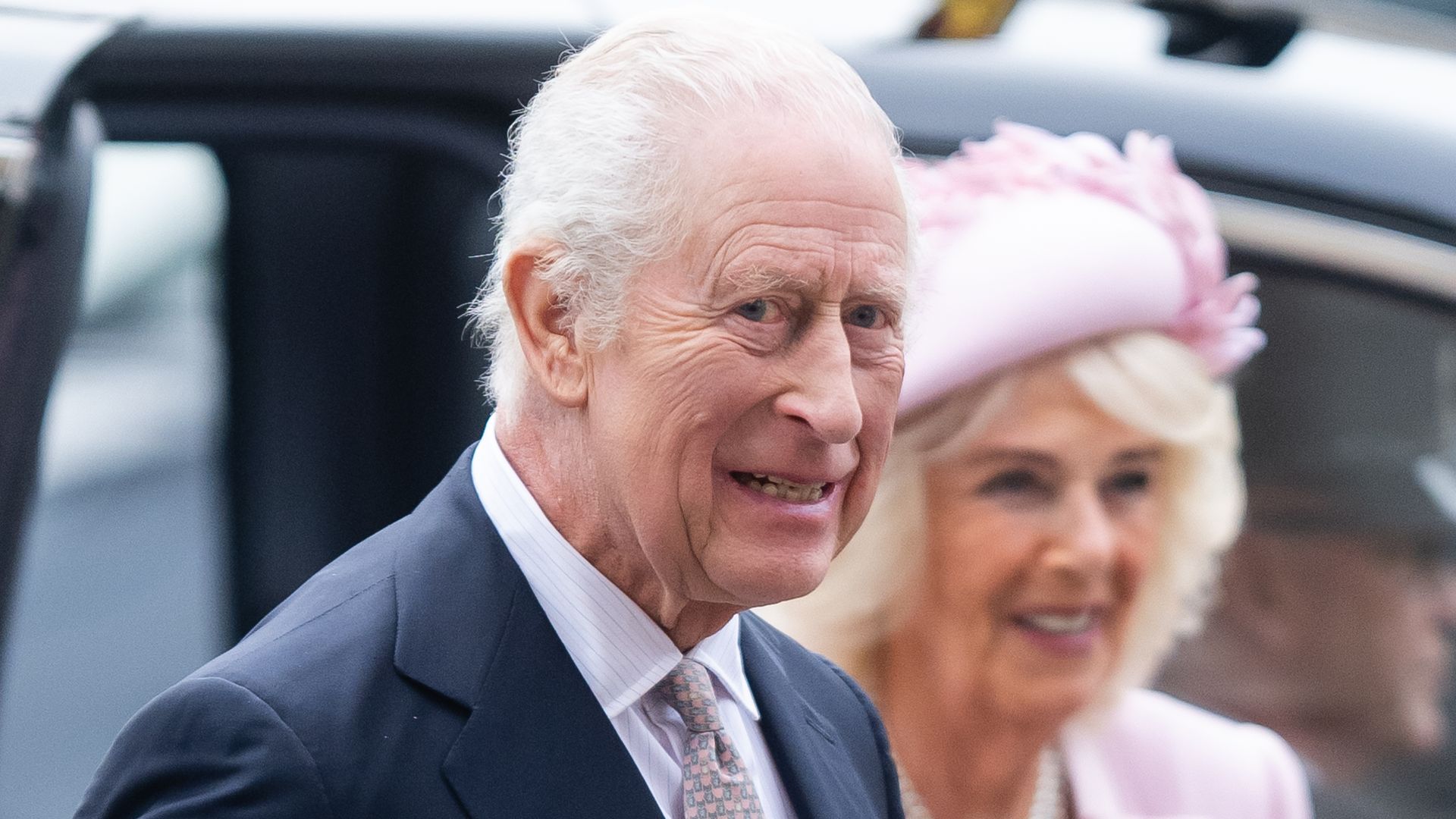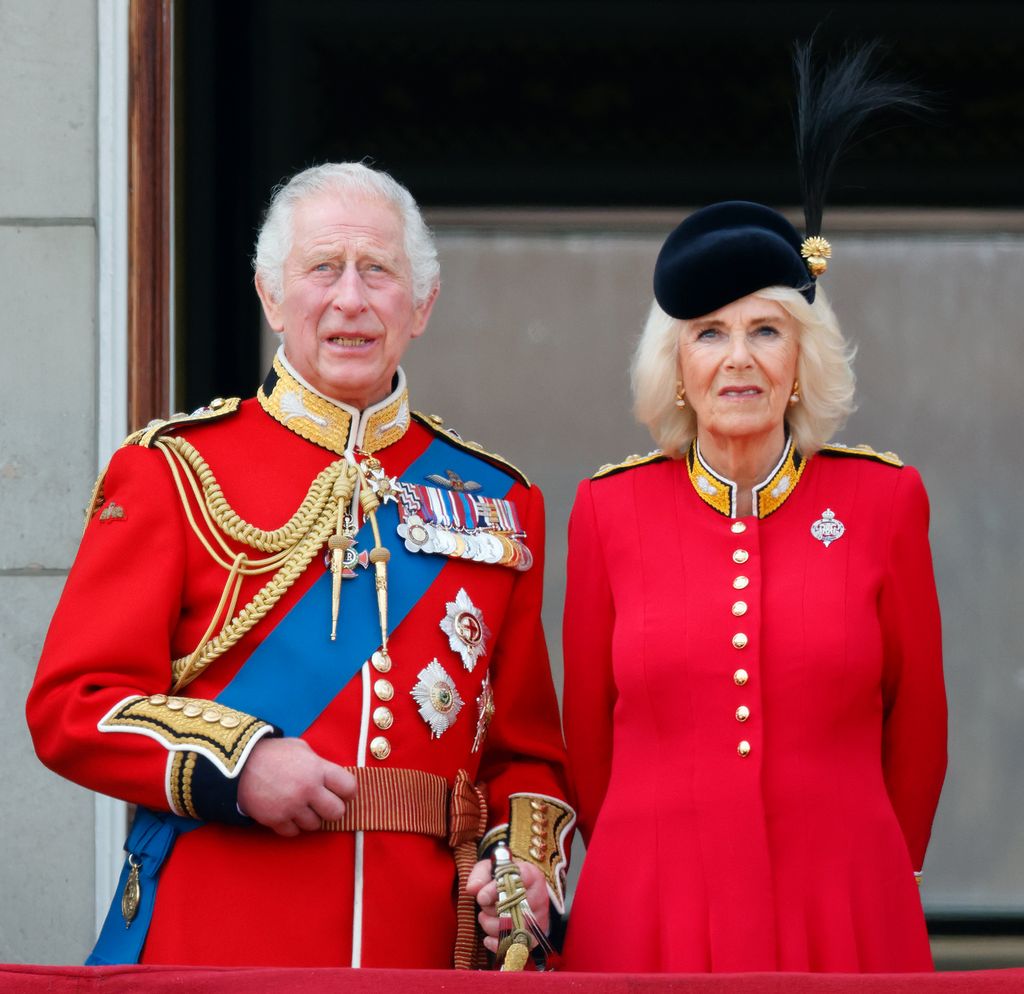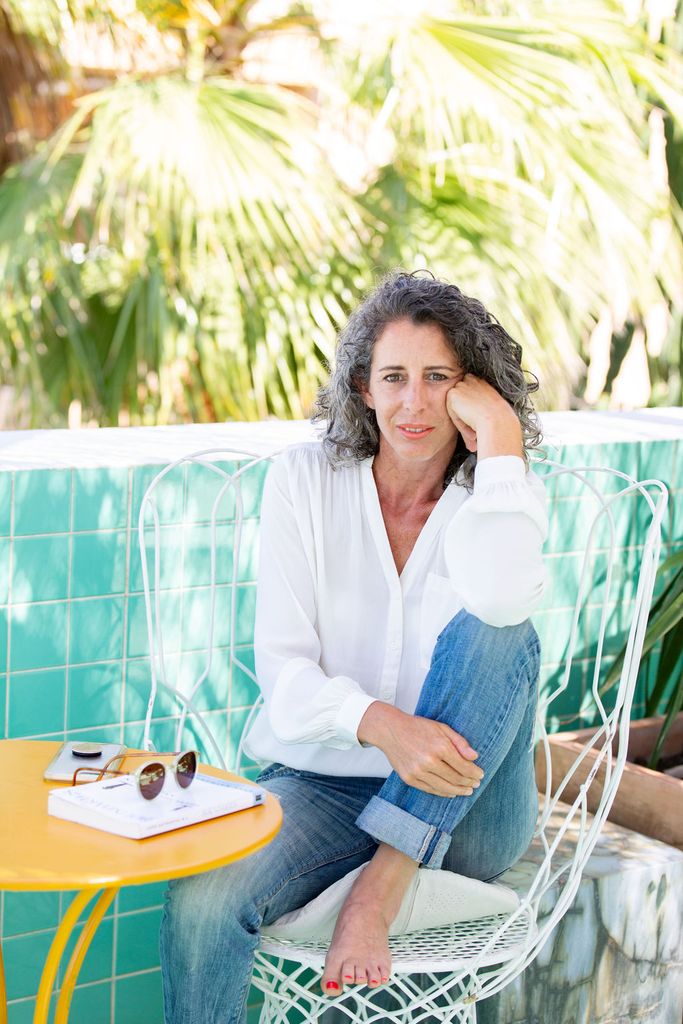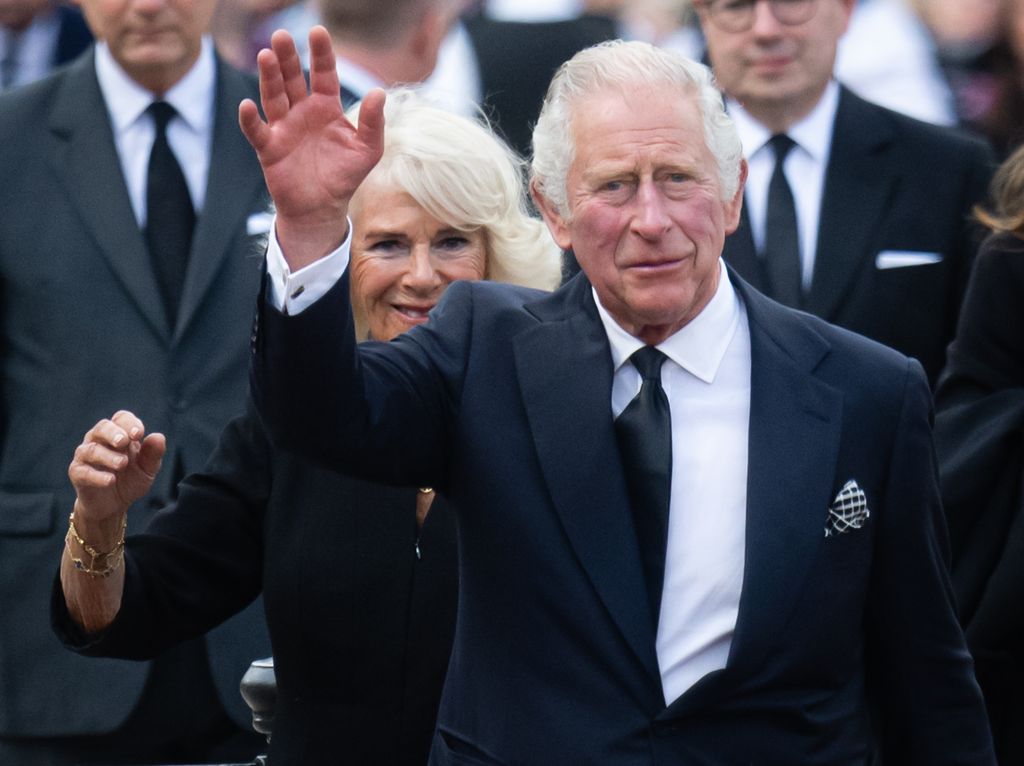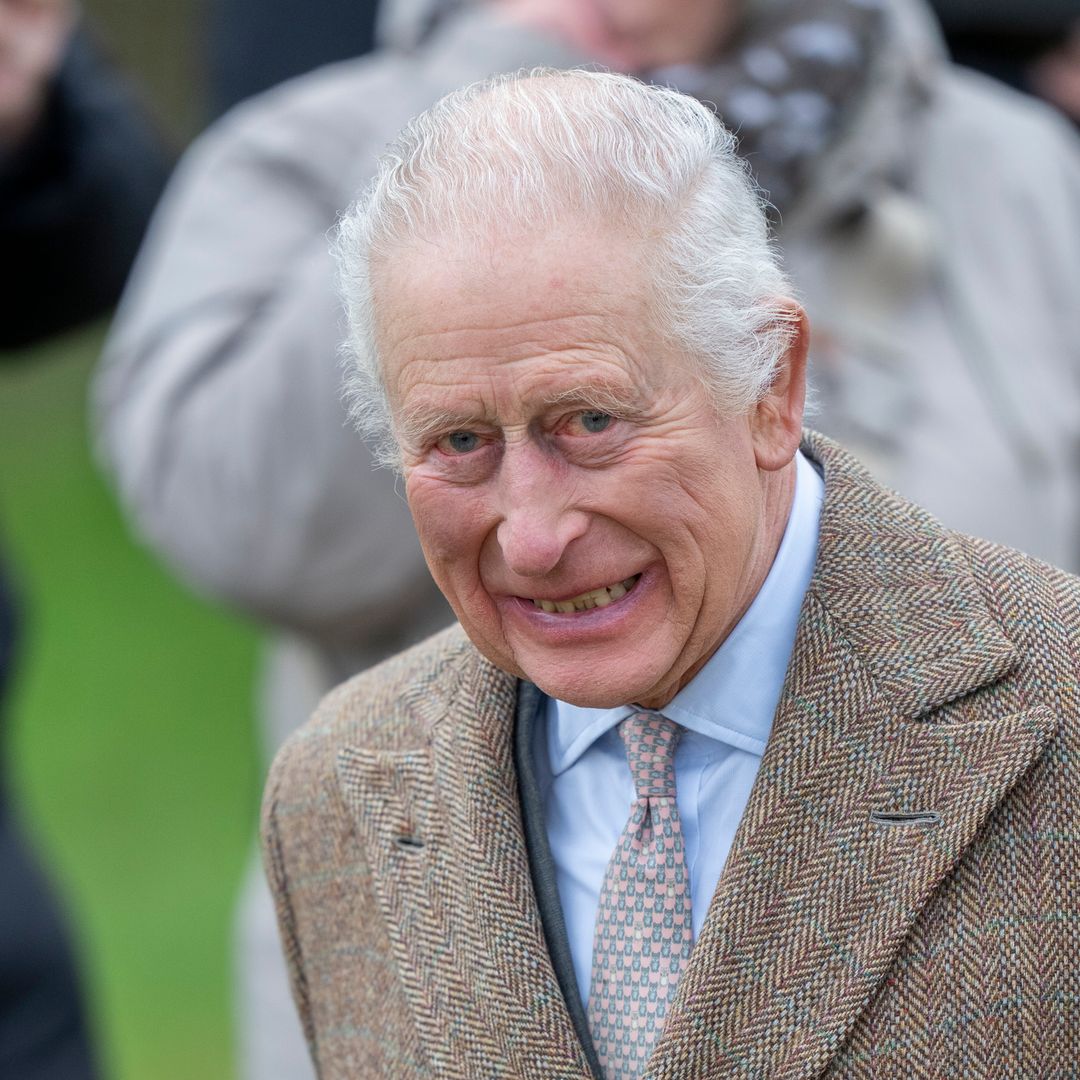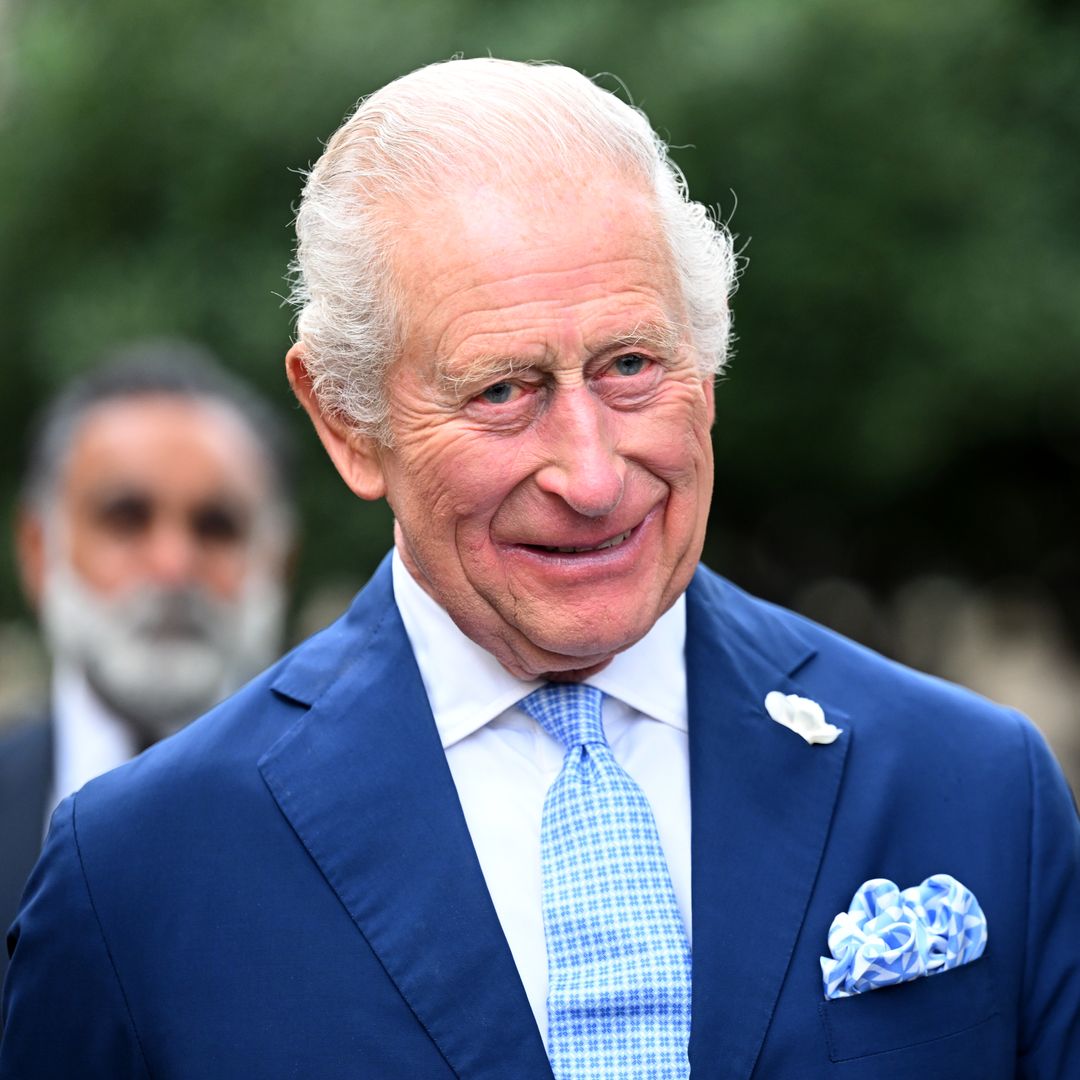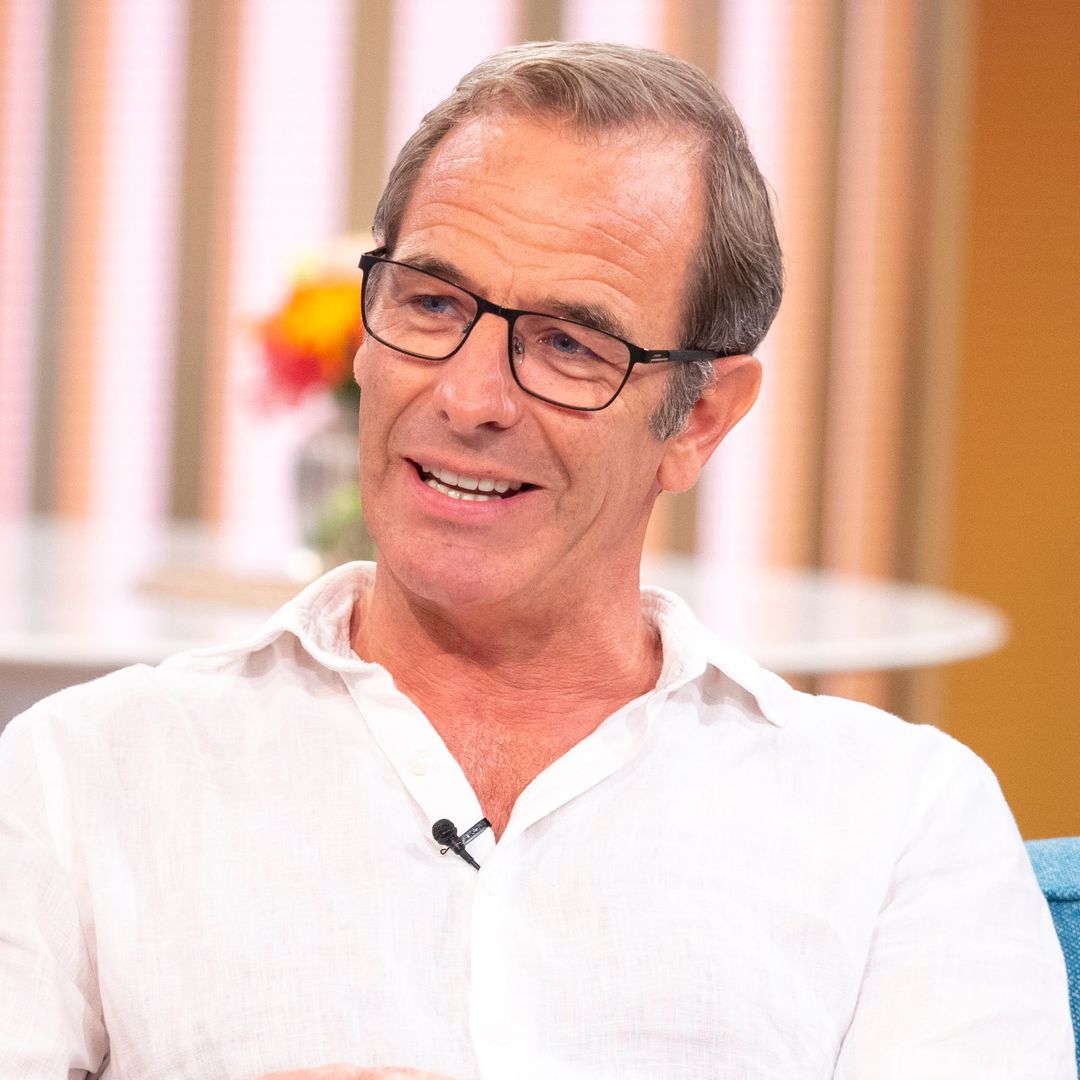Alarm bells rang for royal watchers when Buckingham Palace released a statement explaining that King Charles has been in hospital after experiencing side effects of his cancer treatment.
The palace went on to share that His Majesty was doing well, but had cancelled several engagements, though he still plans to travel to Italy in 10 days for a busy royal visit.
It comes as no surprise that King Charles hopes to return to his hectic schedule as soon as possible, with Queen Camilla saying her husband "won't slow down and won't do what he's told," despite her reportedly begging him to ease off his workload.
The Queen's concerns seem valid, with reports noting that after he left the hospital on Thursday, King Charles was said to be working on state papers and making calls from his study on Thursday evening.
Testament to his dedication, Queen Camilla has described Charles, now 76, as "not one for chilling," with Prince Harry supporting this observation, once recalling that his father would sometimes fall asleep at his desk and wake up with a piece of paper stuck to his face.
His second cousin, Lady Frederick Windsor, also revealed: "He works all day long, has a quick supper and then disappears until about 4am to write letters. He cares about so many things and he comes up with brilliant solutions."
While the King's work ethic is admirable, it's not ideal for his recovery, with longevity expert Dr. Mohammed Enayat explaining that a combination of psychological, neurological, and social factors could be driving the King to work so hard.
"Societal expectations can cause us to become workaholics, with high achievers and public figures conditioned to equate their value with productivity, making it difficult to prioritise rest, even when faced with health concerns," Dr. Mohammed, who is the founder of longevity clinic Hum2n, says.
"Research has shown that those who struggle to detach from work experience higher levels of anxiety and sleep disturbances, both of which can negatively impact long term health."
Professional recovery coach Elizabeth Walker says of a workaholic's inability to switch off: "Work provides identity, validation, and structure. Without it, the question becomes: 'Who am I without my productivity? Am I still good enough?'
"For many, overworking is a way of proving their worth, to themselves and to the critics or doubters in their past. It's less about ambition and more about soothing an inner discomfort."
The health impact of overworking
Elizabeth says of the health risks of not resting: "When we override our need for rest, nourishment and reflection, we begin to operate purely from the mind, treating the body like a machine. But unlike a machine, we can't just replace a burnt-out part, we carry that wear and tear with us.
"Constantly doing robs us of the opportunity to feel. And it's in feeling that we process, release, and heal, mentally and emotionally.
"Another overlooked impact of working too hard is the way it hijacks the nervous system. When we're constantly switched on, we live in a state of fight or flight, which dulls our ability to experience joy, connection, and creativity. Over time, this doesn't just exhaust us, it can actually rewire our stress response, making calm feel unsafe, unfamiliar and uncomfortable."
Here's hoping King Charles heeds Queen Camilla's advice and makes adequate time to rest and recover before heading to Italy in April.
